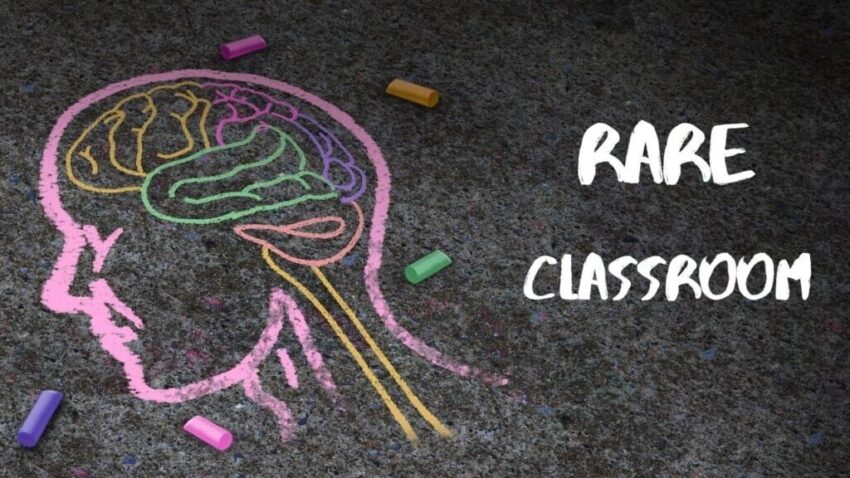Welcome to the Rare Classroom, a new series from Patient Worthy. Rare Classroom is designed for the curious reader who wants to get informed on some of the rarest, most mysterious diseases and conditions. There are thousands of rare diseases out there, but only a very small number of them have viable treatments and regularly make the news. This series is an opportunity to learn the basics about some of the diseases that almost no one hears much about or that we otherwise haven’t been able to report on very often.
Eyes front and ears open. Class is now in session.

The rare disease that we will be learning about today is:
Allan-Herndon-Dudley Syndrome
What is Allan-Herndon-Dudley Syndrome?
- Allan-Herndon-Dudley syndrome (AHDS) is an uncommon X-linked disorder that impacts the development of the brain
- The syndrome affects cognitive ability, movement, and speech
- The disorder prevents thyroid hormones from entering the nervous system
- As an X-linked disease, the disorder affects males almost exclusively
- The number of people in the US believed to have the disease numbers less than 1,000
How Do You Get It?
- This disease is inherited in an X-linked recessive fashion
- This means that two copies of the gene with disorder-causing mutations must be inherited
- AHDS is linked to mutations of the SLC16A2 (also called MCT8) gene
- This gene codes for a hormone that is vital for the transportation of a thyroid hormone called T3
- This hormone, in turn, is critical for normal neuron (nerve cell) growth and formation, as well as the development of synapses, which are how the cells communicate
- Excess T3 winds up circulating in the blood since it isn’t being transported properly, which can be toxic to certain organs
- The mutations can be either inherited or can appear spontaneously
What Are The Symptoms?
- Signs and symptoms of AHDS include:
- Neck abnormalities
- Narrowed skull
- Joint contractures
- Poor muscle tone
- Underdevelopment of muscles
- Inability to speak
- Involuntary limb movements
- Muscle stiffness
- Inability to walk
- Intellectual disability
How Is It Treated?
- There is no approved disease-altering therapy or cure for Allan-Herndon-Dudley syndrome
- Treatment is primarily supportive and focused on the relief of symptoms
- The FDA granted Orphan Drug designation to Diiodothyropropionic acid (DITPA) in 2013
- Another promising future treatment is tiratricol, a thyroid hormone
- Early trials have shown this treatment to be safe and effective, but it hasn’t gained official approval yet
Where Can I Learn More???
- Learn more about this disease from the NIH Genetic and Rare Diseases Information Center.
- Check out our cornerstone on this disease here.


